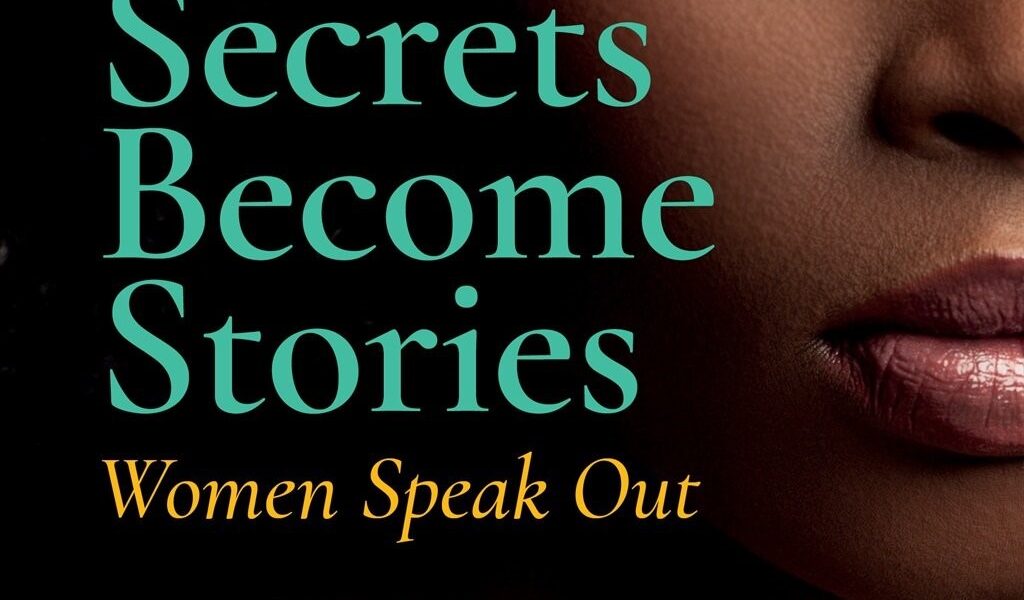- Newly released anthology humanises GBV stories told by women from all walks of life
GOSEGO MOTSUMI
The just-ended virtual edition of this year’s Gaborone Book Festival (GBF) brought to the fore an important discussion on the topic of Gender Based Violence (GBV) by means of a newly released anthology titled “When Secrets Become Stories, Women Speak Out.”
Edited by Sue Nyathi, the book is a compilation of brutal stories told by women whose voices together form a deafening chorus. In sharing their stories, the women from different walks of life show how chillingly common male violence against women is. “The anthology was meant to have personal narratives around GBV,” said Nyathi said at the book fest.
“I had my own story that I wanted to share but there were different types of GBV and I thought that it would have greater impact if I was able to showcase the different types through women’s experiences from childhood to womanhood. GBV is prevalent and pervasive in our society and so I felt that we needed to put voices to it. What you find is that the topics brought up about GBV are academic write-ups and we rarely have human accounts around it, which is what I was interested in.”
People are often given the numbing figures but the anthology gives a heart and humanises the topic. At a recent GBV project hosted by the First Lady Neo Masisi in Gaborone, Botswana Police Service said it had recorded 11 294 cases of rape, defilement, murder and threat to kill between 2019 and June 2021.
The alarmingly high figures have led the World Population Review to place Botswana as the second country on rape cases at 92.90 cases per 100 000. Authorities are aware that due to under-reporting for fear of reprisals, shaming, and the knowledge that perpetrators are rarely punished, the reality is far worse.
Said Nyathi: “We see all these alarming numbers but we don’t understand what is at the core of these statistics. I was very purposeful in terms of producing a non-fiction work because there is power in non-fictional narratives, especially on these topics. As survivors, we give encouragement to other women who may be going through the same thing.
“I found women through different ways and places but some dropped out of the process because when you write about your trauma, it can be triggering and sometimes you might not be ready to put it on paper. I am thankful to every woman who shared their story with the rest of the world because there is power in testament.”
Writer Zaheera Jina Asvat shared that her Muslim community helped to perpetuate patriarchy where mothers are raising their girls to be subservient. Asvat felt that this is a form of GBV but most people do not think it is because there are no scars involved.
“Women are brought up for the sole goal of marriage and what happens after that is beyond their control because they are not empowered,” she said at the book fair. When men take on more wives, these women become victims in those marriages. I thought it was an important narrative that needed to be told, and I am hoping that people will act on it and that changes based on what I have written will follow.”
Banking professional and poet Ntokozo Malinga reminded the audience that abuse is not confined to the home but is also rife at the workplace where it has potential to sink women’s careers. “When we hear of GBV, people jump to sexual abuse but there is a lot more,” she said. “There is a plethora of ways in which women are subjected to abuse.”
Nyathi said domestic violence feeds on shame and silence and encouraged women to cast off the shame and reclaim their power by sharing what was once a secret. “Only exposed wounds can heal, the hidden ones fester and cause you to rot inside,” she wrote.




